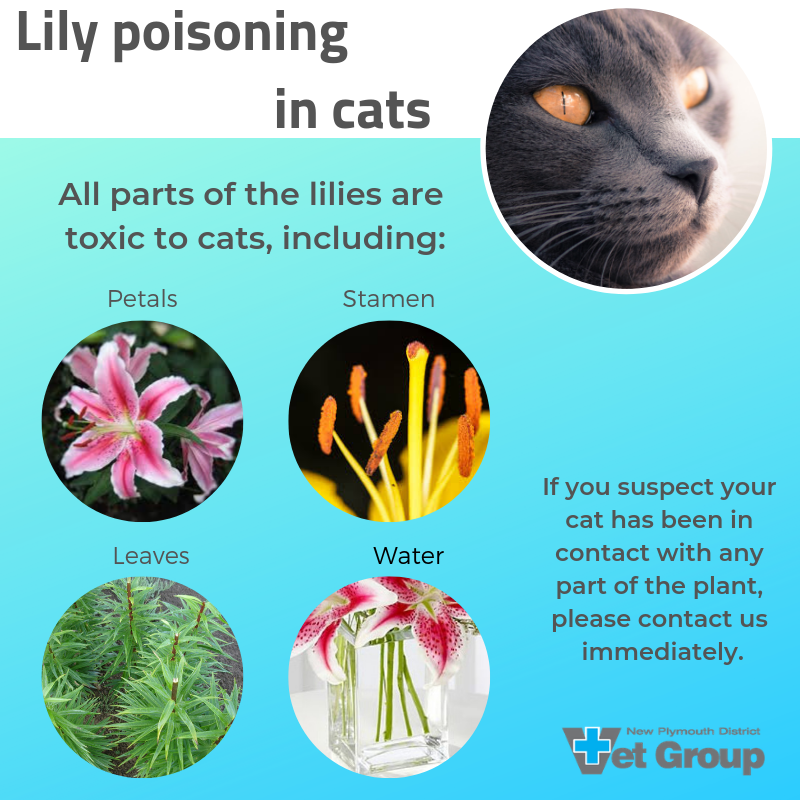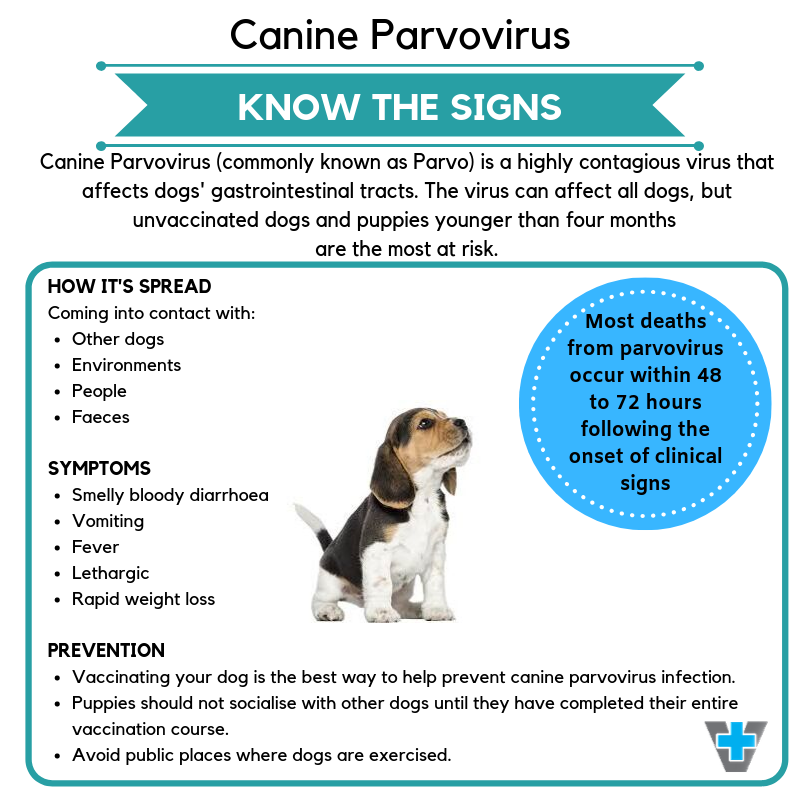Take extra caution if you are taking your dogs to swim in our local rivers.…

Lily Poisoning in Cats
We all love the aroma of fresh flowers and often a beautiful lily is the centerpiece of an arrangement.
But did you know that the lily family of flowers is EXTREMELY TOXIC to the feline members of your family?
Lilies can be lethal to cats.
Flowers and plants of the lilium and hemerocallis species which include Easter lily, tiger lily, rubrum (oriental) lily, hybrid lilies, and daylilies are highly toxic to cats. Calla lilies and peace lilies contain crystals that cause mouth and gastrointestinal issues, but don’t cause kidney failure. The toxic ingredient is not actually known, but all parts of the plant are toxic, even pollen. Cats can ingest the pollen by grooming off their coat and even the water that fresh cut lilies sit in can be toxic.
The initial symptoms of lily poisoning usually include a sudden onset of severe vomiting and then lethargy. Sometimes it can be difficult to determine that your cat has been exposed but if we are lucky enough to know that lily ingestion has occurred, then rapid fluid therapy and treatment to rid the body of poison MAY be successful. After 24 hours in the system, the toxins can cause acute kidney injury; and the prognosis for severely affected cats is very poor.
Acute kidney injury can occur in cats of any age and there are many different causes. The most commonly seen cases relating to toxins are due to lily ingestion or from drinking radiator anti-freeze. The sudden severe kidney injury is very different from chronic (long-standing) kidney disease that is most often seen in elderly cats. Often the kidneys stop producing urine at all, the kidneys themselves become painful and the electrolyte balance of the blood becomes very altered. The toxic by-products usually cleared by the kidneys accumulate in the body very rapidly and the cat often vomits profusely. Even with intensive veterinary care for many days, cats with acute kidney injury often die.
So if you do get given some flowers that feature lilies please be mindful where you display them and make sure you dispose of them carefully. Most importantly if you see your cat chew or ingest even a TINY piece of lily, please contact the clinic immediately so we can talk you through what to do.


